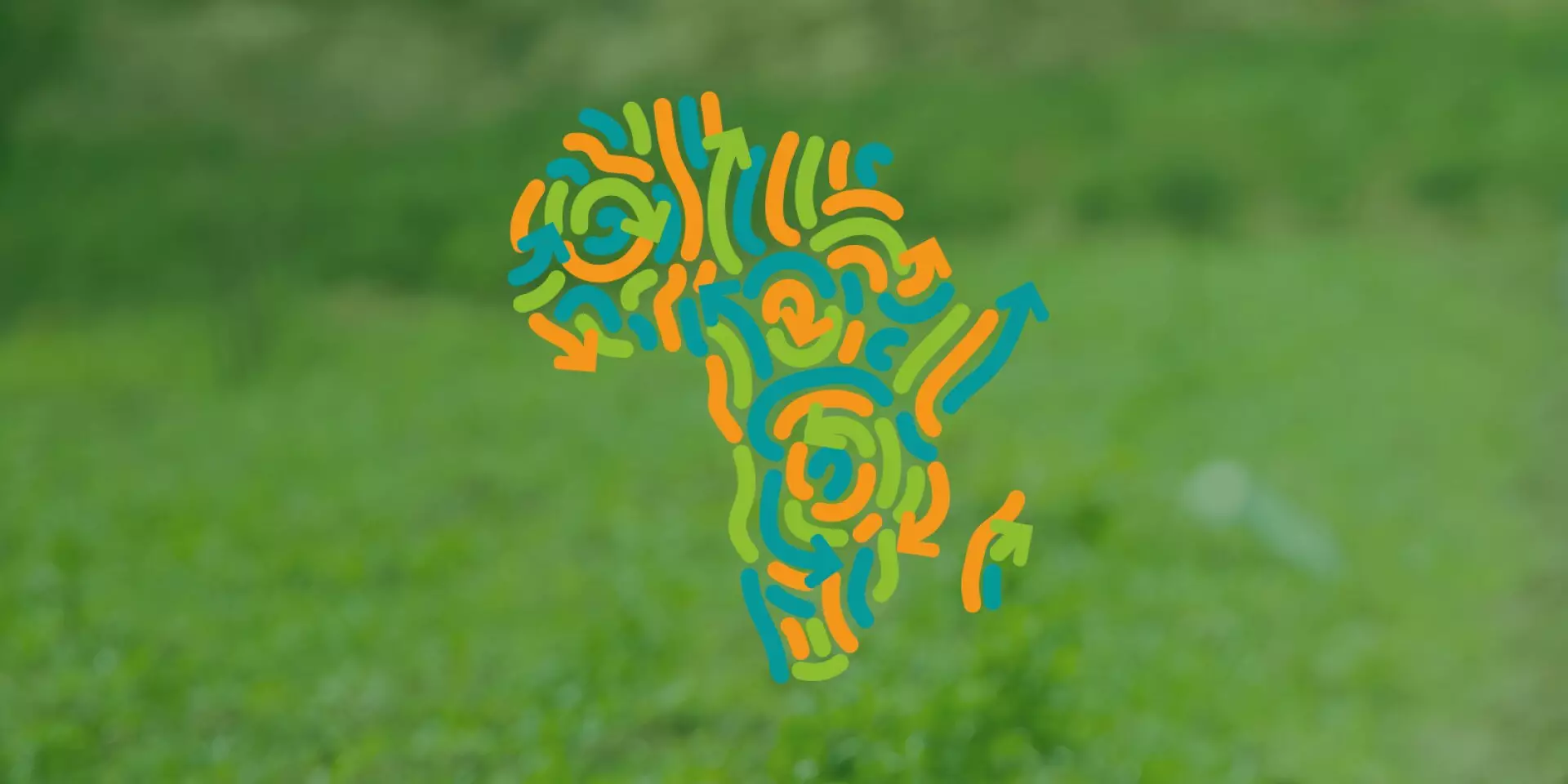As the impacts of climate change become increasingly dire, African nations find themselves at a crossroads. The reality is stark: adaptation to climate change is not just a policy choice; it is an urgent necessity. A recent review highlights that while numerous African countries have formulated Nationally Determined Contributions (NDCs) and National Adaptation Plans (NAPs), a sizable majority of these documents present significant gaps in critical information. The analysis, spearheaded by The Alliance of Bioversity, the International Center for Tropical Agriculture, Wageningen University and Research, along with the Food and Agriculture Organization (FAO), underlines an irrefutable truth: comprehensive and effective adaptation policies are essential to navigate the ever-evolving climate landscape.
Currently, Africa receives a mere $30 billion annually for climate adaptation initiatives, yet research suggests the continent requires an eye-watering $277 billion. This glaring financial shortfall underscores the need for structured and coherent adaptation strategies that can harness and direct investment effectively. Without comprehensive information in national adaptation documents, the ability to channel resources to areas of urgent need is severely compromised. Furthermore, the tracking of national adaptation progress remains a formidable challenge, creating a vicious cycle of underperformance in the face of climate threats.
Deficient Policies and Untapped Potential
The review of 53 NDCs and 15 NAPs revealed a disheartening trend: the majority fail to meet critical benchmarks necessary for effective adaptation tracking. Dismayingly, only a handful of countries—specifically eight NAPs and four NDCs—successfully covered essential areas such as risk assessment, planning, implementation, and monitoring. The fact that so many countries provide only fragments of necessary information questions their readiness to confront climate change’s wrath.
However, not all is bleak. Nations like Benin, Burkina Faso, Cameroon, and South Africa have showcased robust adaptation policies that hold valuable lessons. These examples serve as crucial beacons for other countries grappling with similar challenges, emphasizing the importance of learning from successes rather than solely focusing on shortcomings. The disparity in policy effectiveness—both across nations and within individual strategic frameworks—highlights the need for tailored approaches that resonate with unique national contexts.
Paving the Way Forward: Building Robust Tracking Systems
Amidst these challenges, the COP28 has paved the way for the United Arab Emirates (UAE)-Belém Work Program. This initiative aims to develop effective indicators for the Global Goal on Adaptation (GGA), which is expected to guide national assessments and enhance adaptation-tracking capabilities. However, previous technical dialogues associated with adaptation indicators have often been overly focused on global metrics, neglecting the importance of national contexts that underpin personalized tracking processes.
The key takeaway from the analysis and subsequent recommendations is that existing national policies, if harnessed correctly, can provide a solid foundation for creating efficient adaptation-tracking systems. That’s where the Least Developed Countries Expert Group (LEG) comes in, playing a pivotal role in refining the technical guidelines around NAPs. For African nations, leaning into their own policy frameworks while seeking necessary support from continental bodies presents an opportunity to construct a genuinely impactful adaptation strategy.
The Crucial Role of Local Knowledge and Context
A paradigm shift is needed—one that favors locally-driven approaches to climate adaptation. The key to effective progress lies not in reinventing the wheel each time, but rather in leveraging successful NDCs from various African nations as templates for others. Countries such as Ethiopia and South Africa have made significant strides, but they stand as conclusive proof that comprehensive and well-informed adaptation policies can be developed.
By fostering collaboration with continental partners and utilizing resources from global frameworks such as the UNFCCC, African nations can build a collective knowledge base that transforms adaptation policy from an abstract concept to a practical reality. The role of local expertise cannot be overstated; it’s essential that the voices of those most affected by climate change inform policy decisions.
Hope Amidst Challenges
While the current landscape of adaptation policies in Africa may seem daunting and fraught with challenges, it is equally filled with hope. There are numerous testaments to what can be accomplished with determination, creativity, and solid groundwork. Each country has the potential to enhance its adaptation tracking and response mechanisms, ensuring resilience against the inevitable climate-induced challenges ahead.
The journey toward achieving effective climate adaptation is not unattainable but requires a concerted effort to embrace comprehensive, consistent, and robust policies. The next phase of NDCs and NAPs due by 2025 and 2030 respectively offer a vital opportunity for African nations to solidify their commitments and lay down the frameworks that can truly empower them in the face of climate change.

